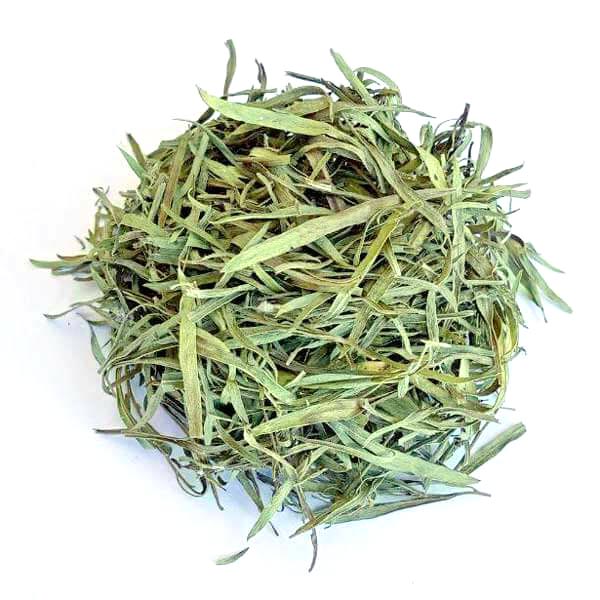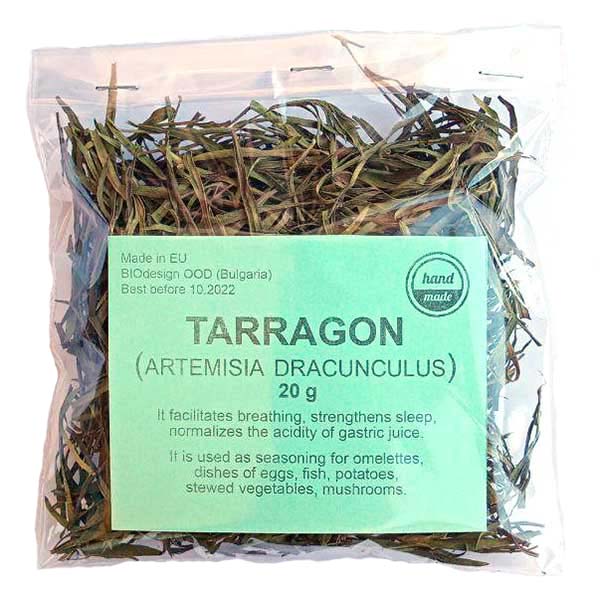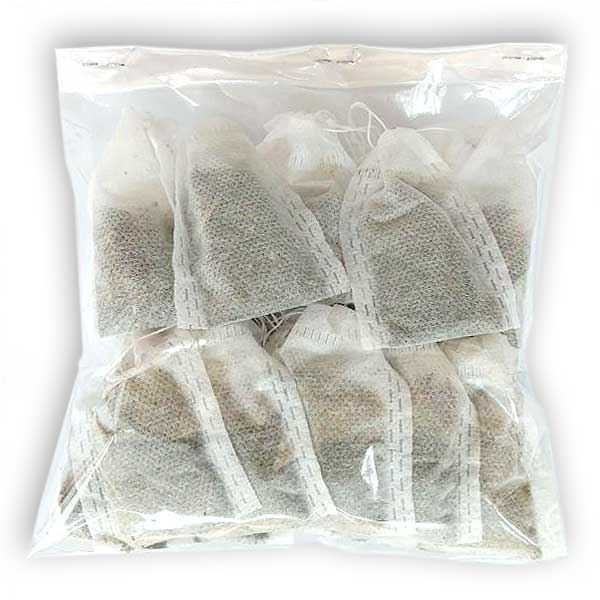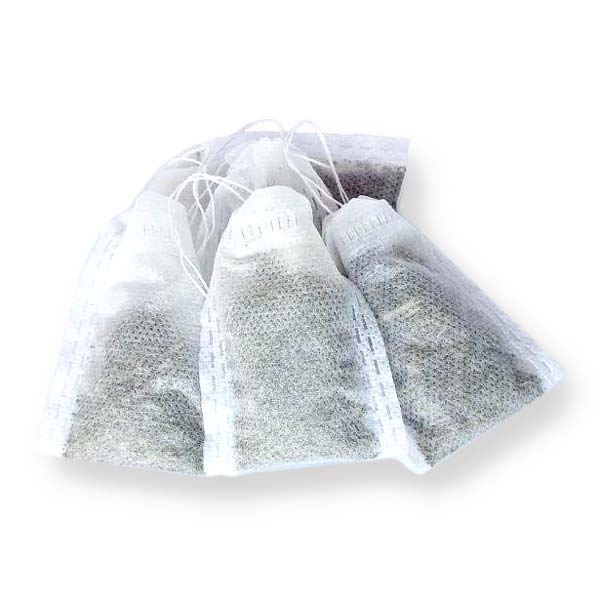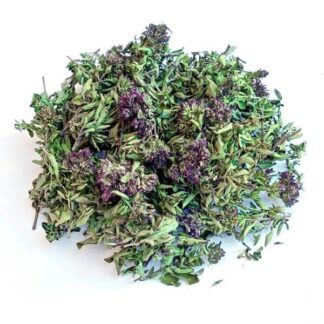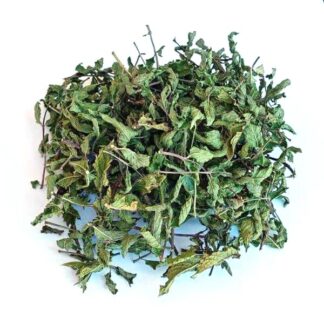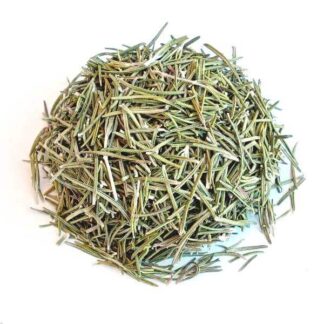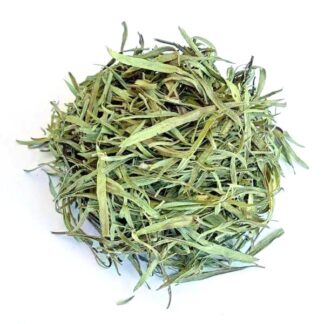Description
Composition and properties
The value of this plant is attributed to the large amount of essential oil contained in the leaves, ascorbic acid, carotene, coumarin. In folk medicine, tarragon is used as an antiscorbutic, diuretic and tonic for vitamin deficiencies, as well as to stimulate appetite and improve digestion.
Tarragon contains vitamins A, B1, B2, C, as well as minerals: potassium, magnesium, iron and phosphorus, tannins, bitterness and resins. It has a tonic effect, calms the nervous system. It is used in dietetic food for salt-free diets.
Uses of tarragon
In general, it acts on the body as a mild sedative, which can reduce anxiety and stress. That is why this plant is often recommended as a remedy for insomnia and chronic fatigue.
Another benefit of tarragon is that it strengthens bone tissue as it contains a lot of calcium. 100 grams of the product contains more than the daily amount of calcium required for a person.
Tarragon improves the functioning of the kidneys and the entire genitourinary system; it helps in the treatment of cystitis, relieves inflammation and eliminates edema due to its ability to remove excess fluid from the body.
Artemisia is also known for its ability to improve liver function and remove toxins from the body.
The plant is often used for cosmetic purposes, as it has a rejuvenating effect on hair and skin, tightens the face and evens out its color.
You can order tarragon tea bags!

